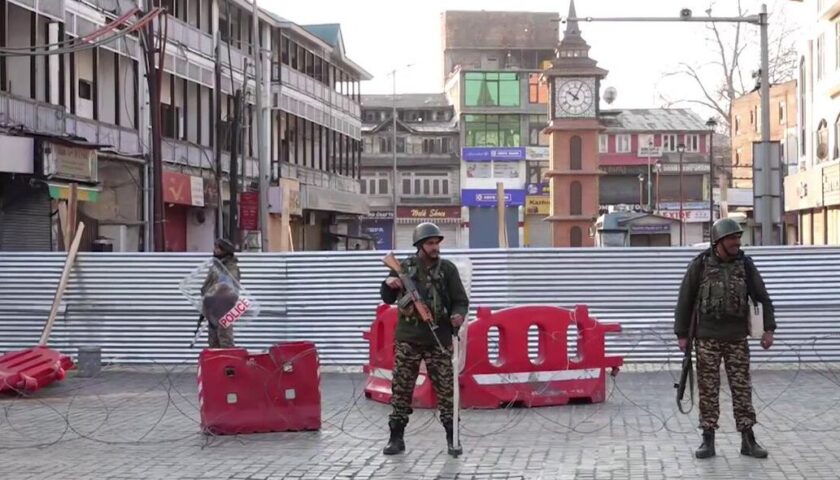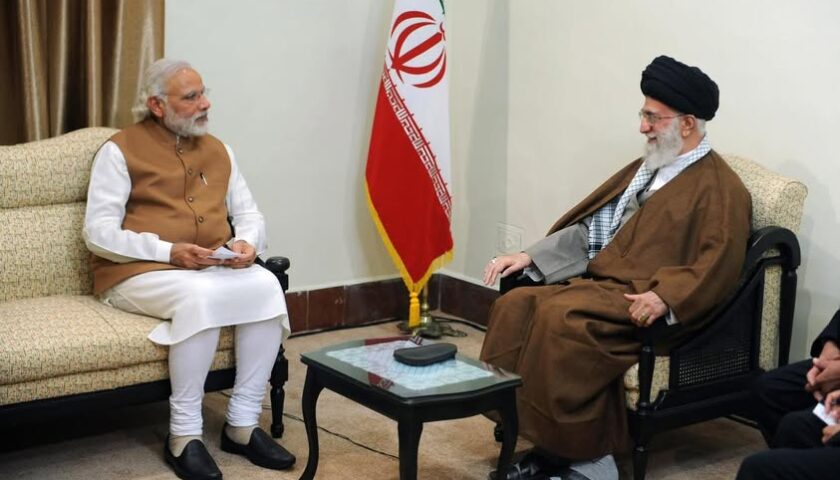Revises industrial policy after facing intense pressure from separatists, local traders
 The industrial policy 2016, revised by the state government on Tuesday, has shut the door on investors from outside the state, who have already been reluctant to invest in the state.
The industrial policy 2016, revised by the state government on Tuesday, has shut the door on investors from outside the state, who have already been reluctant to invest in the state.
The government revised the policy after coming under intense pressure from separatists and local traders. Separatists had alleged that the policy was a ploy to infringe upon Jammu and Kashmir’s special status. Under the new policy, land will not be leased to investors who are not state subjects.
The state government’s decision is bound to increase insecurity among outsider investors and prevent them from investing in the region’s industrial sector.
The policy is silent on guarantees for non-local investors who are willing to invest or have invested in the state. It makes no mention of what happens to land already given on lease to non-local investors.
In the revision, a paragraph in the policy has been deleted which allowed private promoters from “outside the state” to acquire land on lease on “long-term basis for 90 years”.
The modified paragraph now states that “private promoters only from the state” shall be “allowed and encouraged” to develop private industrial estates and parks on commercial lines.
It also states that the government will “go all out to attract investment” in industrial estates or elsewhere in the state by providing an “enabling environment and incentives”.
Speaking at a seminar in Punjab earlier this week, Industries and Commerce Minister Chander Parkash Ganga had invited industrialists to invest in the state and assured them that the government would provide all possible support.
“He had said industrial projects worth Rs 2,200 crore were cleared by the Industries and Commerce Ministry last year, which included those of Blue Star, Dabur and ITC, among others,” an official spokesman said.
The latest modification in the policy is likely to shut the door on investors who are not state subjects. The state has 51 industrial estates.
Nisar Ali, a former professor at the University of Kashmir’s Department of Economics, trashed the state government’s industrial policy, saying it lacked focus to generate employment.
“When they devise the industrial policy, they don’t keep in mind that it should have employment generation ability in the state and make the state an investment destination. Investors from outside do not want to invest here and that is not because of security reasons,” he said.
Ali said investors did not dare to take the risk of investing in the state because the government had failed to resolve fundamental infrastructure issues. “The government should first solve the power crisis, which is fundamental for an industry,” he said.
Lack of infrastructure and the volatile situation in the region had already become a major dampener for India Inc to invest in the state despite making a grand entry into the state in October 2012 when the country’s top industrialists visited the region.




